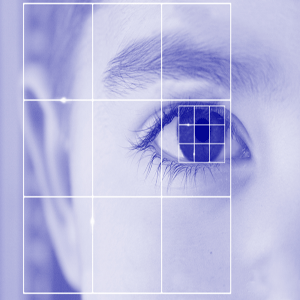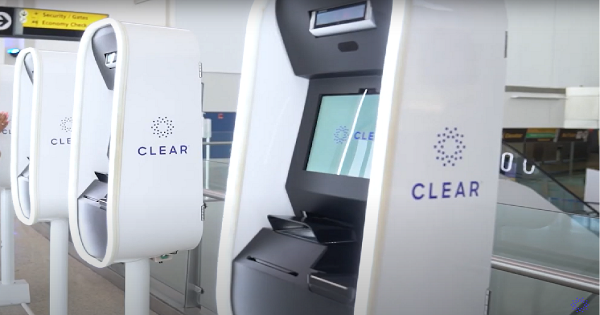Singapore’s Ministry of Home Affairs (MHA) has asked interested parties to submit proposals for iris scanners that could be installed at the island-state’s immigration checkpoints.

The MHA last week issued a Request for Information seeking vendor proposals by October 10, with a view to holding small-scale trials, reported The Straits Times.
The Immigration and Checkpoints Authority (ICA) has selected contactless iris capturing and authentication as “a potentially viable technology to complement our existing biometrics system… for use at our checkpoints”, a spokesperson for the government agency told The Straits Times.
“This Request for Information allows MHA and ICA to assess the existing state of iris scan technology and its viability for use at our checkpoints. As this is still at the exploratory stage, it is premature for us to provide the operational details at this juncture.”
Iris scanning would probably require a pre-registration process of an individual’s unique iris pattern, which would then be linked to his or her passport information. As the individual walks through a security checkpoint, the machine scans the eyes to verify their identity.
There are a number of drawbacks with iris scanning, including the need to pre-register and the comparatively small number of countries that issue passports with the iris contained in the biometric.
The United Kingdom ditched iris scanning in 2012 and has since been using facial recognition. Most EU passports are able to be used at automated border control kiosks using facial recognition.
Singapore could be the first country in Asia to use iris scanning at its borders.






